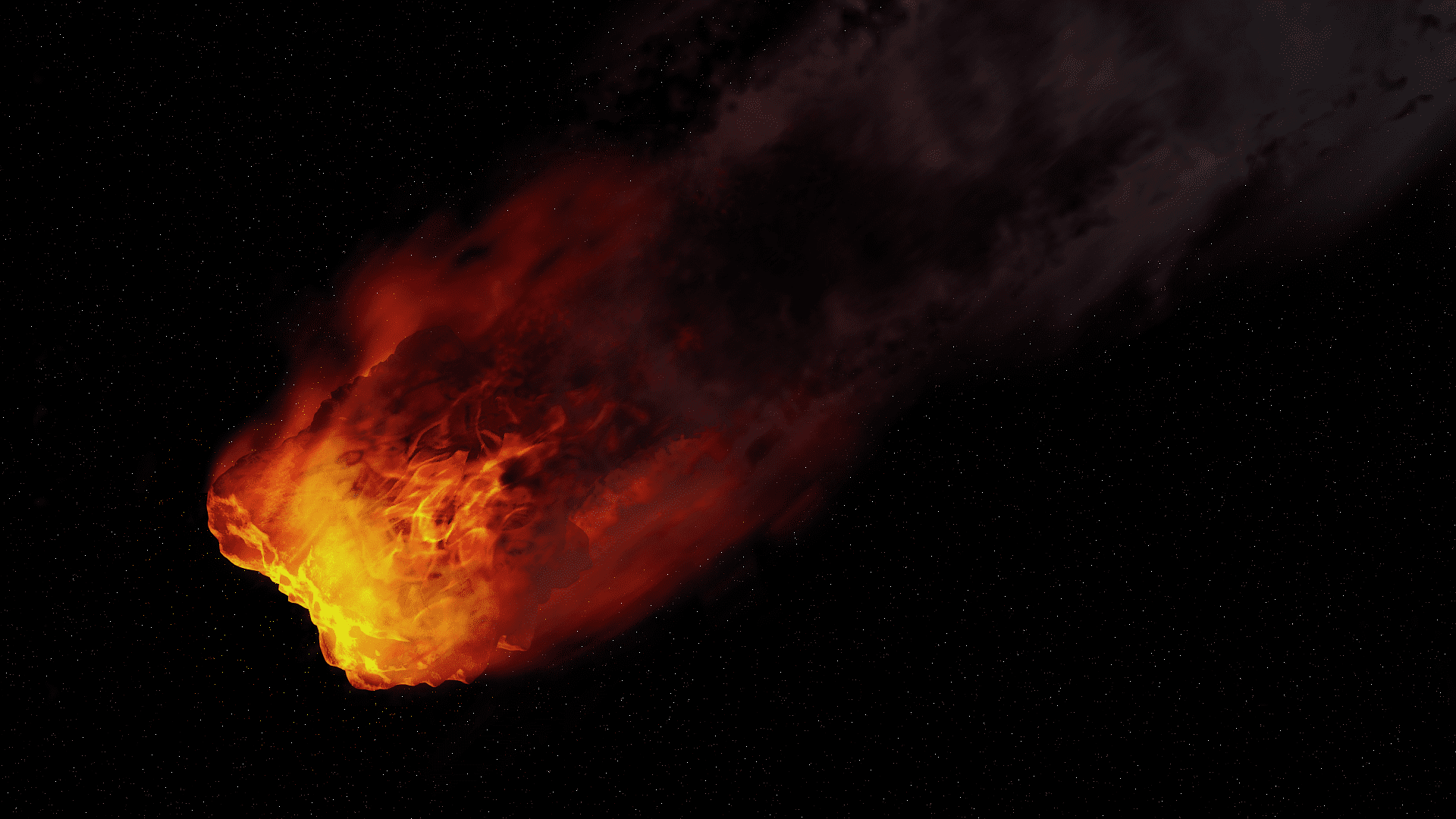- Eastern Cape residents spotted debris falling from the sky at the weekend.
- Scientists from Wits say that from what they can tell, the object that caused the lightshow and a sonic boom was a meteorite.
- Residents who saw, heard or found anything are encouraged to make contact with scientists.
At the weekend social media lit up when videos of something falling from the sky in the Eastern Cape landed on several platforms.
@weird_lani Meteor Hits eastern Cape #demisexualpride🏳️🌈 #luukslesbian🌈 #Meteor #Viral #5Meteors
♬ LIMITS THE SKY – Mpax
As you might imagine, people started speculating about what they’d seen falling from the sky. The two most plausible explanations folks toyed with were that it was either a meteor or a satellite burning up as it re-entered the atmosphere.
On Monday, Wits University’s School of Geosciences Professor Roger Gibson said he believes it’s a meteorite.
“Based on scientific assessment, the incident is consistent with a rocky asteroid about the size of a car entering Earth’s atmosphere at very high speed. Friction with the atmosphere created a spectacular fireball and caused it to break up in flight,” said Gibson.
“We have reports that someone has found several fragments of a meteorite near Kirkwood in the Eastern Cape, over 100 km from Cape St Francis. This may indicate an exceptional fall area,” the prof added.
According to Wits, folks in the Eastern Cape heard a sonic boom or felt the ground shudder as a result of said sonic boom.
Local astronomers are incredibly curious about the event and Gibson, as well as Professor Lew Ashwal and Dr Leo Vonopartis from Wits as well as Dr Carla Dodd from the Department of Geosciences at Nelson Mandela Metropolitan University, have invited members of the public who saw or heard anything they believe to be related to the event to get in touch.
“This is a perfect opportunity for people to become involved in citizen science. We want to know what people saw or heard so that we can piece together the meteor’s trajectory, and also if anyone thinks they have found any meteorite fragments. We would like people to record their perceptions and contact us to tell their stories,” said Gibson.
Meteorites differ in appearance from any other rock in that they have a smooth, glassy appearance. This appearance comes courtesy of the journey through our atmosphere and is known as the fusion crust.
Meteorites are classified as an item of National Heritage and as such the sale and trade of them is regulated by the South African Heritage Resources Act.
Only 51 meteorites have been documented in South Africa so they are a rare occurrence. Rarer still are meteorite falls which South Africa has only seen 22 of.
If you do plan on collecting a meteorite, there are some things to keep in mind.
“Before you touch it, photograph it on the ground and take several photographs of its environment. Record a GPS pin of where you found it, wrap it into a piece of aluminium foil and place it securely in a zip-lock bag, then contact us to collect it. All of this provides vital scientific information,” Vonopartis advises.
Meteorites can help us get a better understanding of how our solar system formed so if you do find a fragment, consider giving it to astronomers instead of keeping it for yourself.
[Image – Alexander Antropov from Pixabay]

